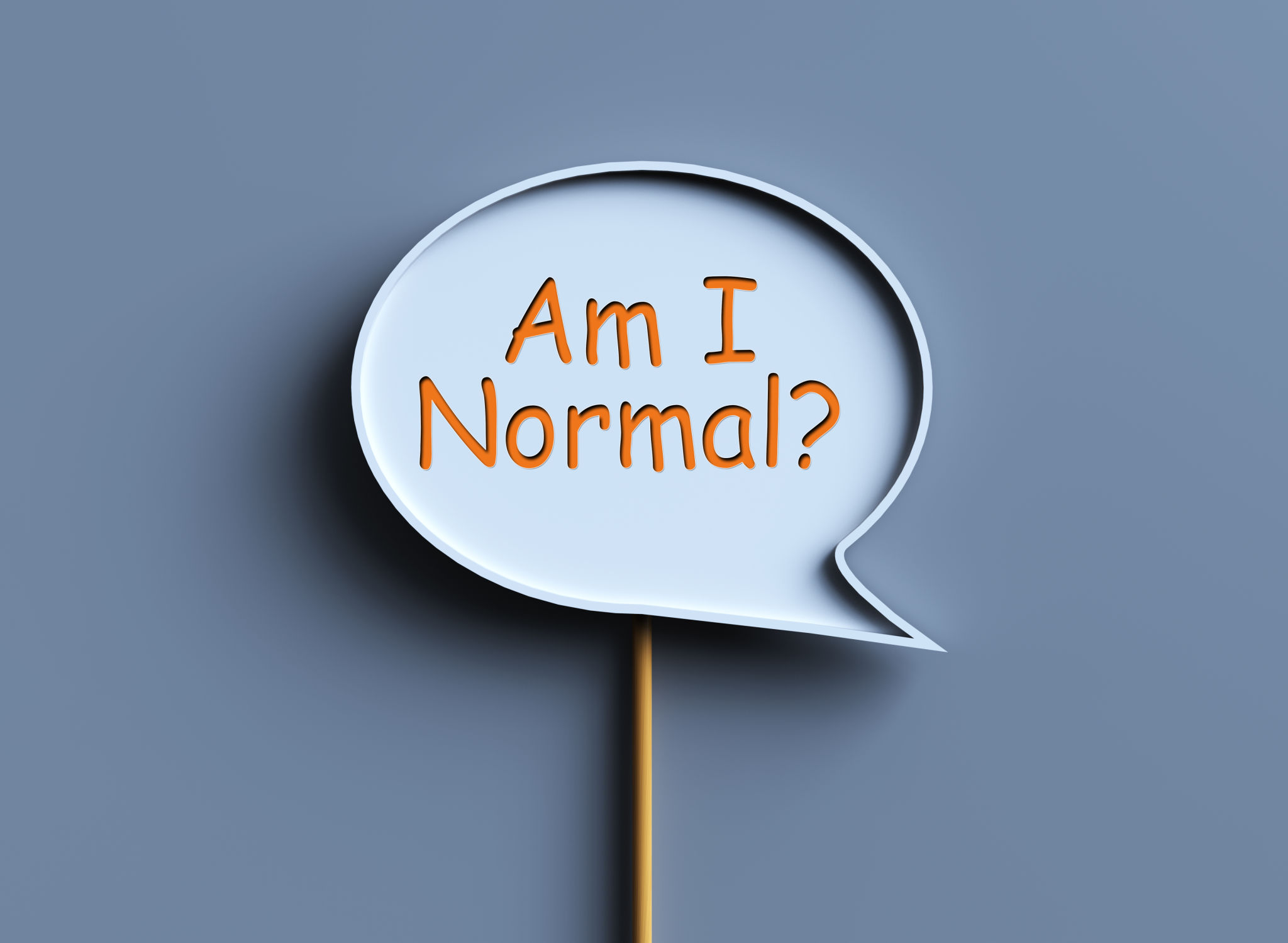Expert Tips for Preparing for Your First Psychotherapy Session
Understanding the Importance of Your First Session
Your first psychotherapy session can be a significant step toward improved mental health and well-being. It’s natural to feel a mix of excitement and apprehension, but being prepared can help ease any anxiety. Understanding the purpose and structure of this initial meeting can set a positive tone for your therapeutic journey.
During your first session, your therapist will likely ask a variety of questions to get to know you better. This is an opportunity to discuss your concerns, goals, and any specific symptoms you’re experiencing. Remember, this is a safe space where you can be open and honest about your feelings.

Gather Your Thoughts and Concerns
Before attending your first session, take some time to reflect on what you hope to achieve through therapy. Consider making a list of topics or issues you’d like to discuss. This can include specific events, emotions, or patterns of behavior that you find troubling.
It might be helpful to think about any past experiences with therapy or counseling, even if they were informal. Reflect on what worked well and what didn’t, so you can communicate this to your therapist. Being clear about your expectations can enhance the effectiveness of your sessions.
Prepare for Common Questions
Expect to answer questions about your personal history, relationships, and current lifestyle. Your therapist may inquire about your work, family dynamics, and social interactions to gain a comprehensive understanding of your situation. Being prepared for these inquiries can help the session flow more smoothly.

Practical Preparations
On a practical level, ensure you know the logistics of your appointment. Verify the time, location, and any requirements such as forms or identification. Arriving a little early can give you time to settle in and reduce any pre-session nerves.
Dress in comfortable clothing that makes you feel at ease. While it might seem trivial, being physically comfortable can help you focus on the session's content rather than distractions.
Keep an Open Mind
Approaching your first session with an open mind is crucial. Therapy is a collaborative process, and building a rapport with your therapist takes time. Be ready to engage in active listening and consider any feedback or suggestions they provide.

Post-Session Reflection
After your first session, take some time to reflect on the experience. Consider writing down your thoughts and feelings about the session and any initial impressions of the therapist. This reflection can be beneficial for discussion in future sessions.
Remember that therapy is a journey. It's normal for progress to take time, and some sessions may feel more impactful than others. Be patient with yourself as you navigate this process.
Seek Support if Needed
If you're feeling overwhelmed or uncertain after your session, consider reaching out to a trusted friend or family member. Having someone to talk to about your experience can provide additional support as you continue with therapy.
